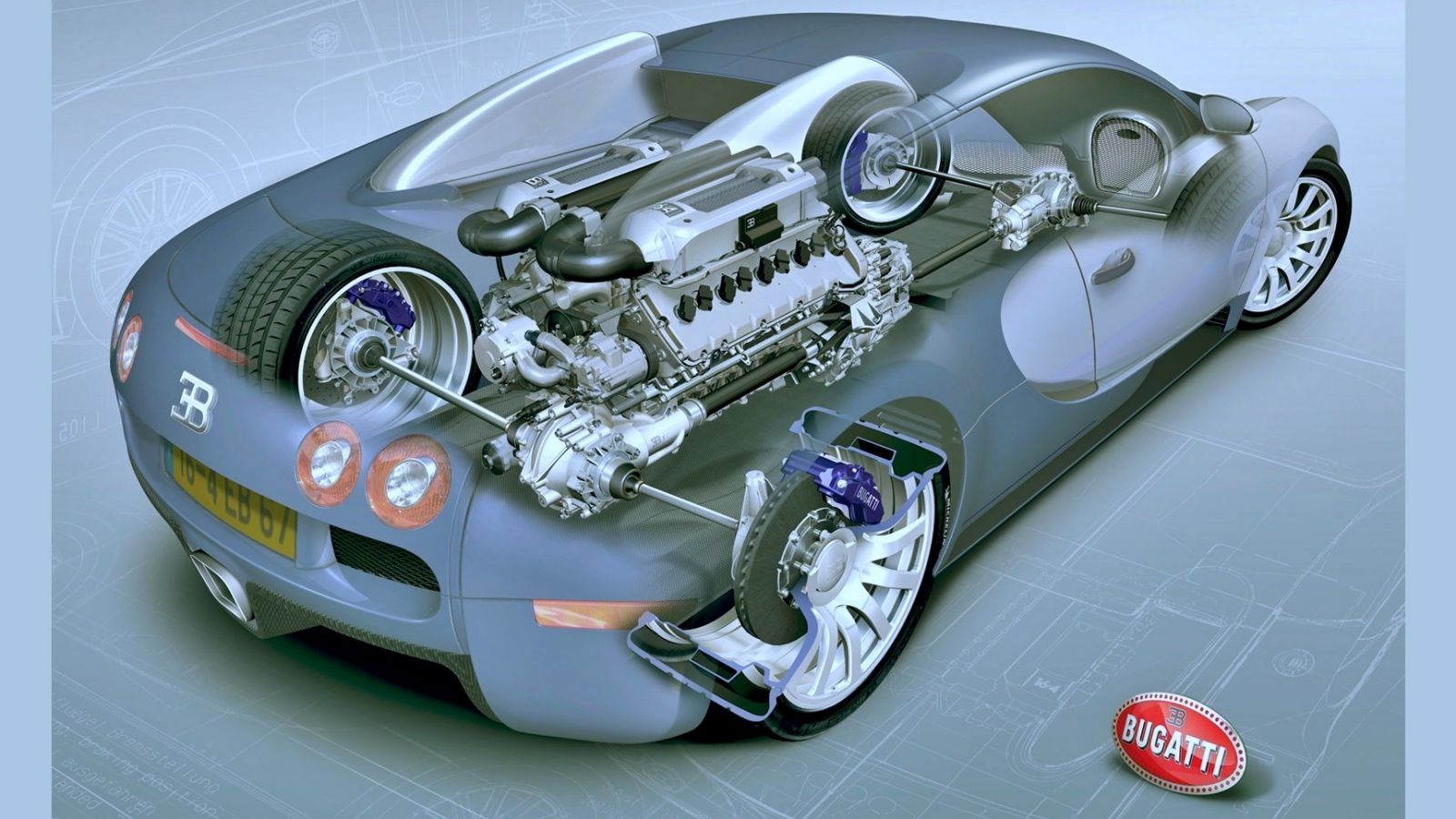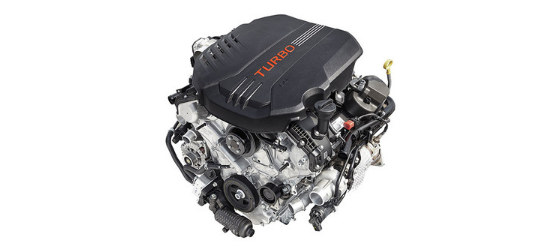The Effect of Innovative Engine Technologies on Power Efficiency and Environmental Sustainability
In the world of transport and industrial machinery, the continuous pursuit for improved energy efficiency and lowered ecological effect has led to substantial improvements in engine innovations. From the gradual change towards electric and hybrid systems to the combination of turbocharging for improved performance, the landscape of engines is developing rapidly.
Advancement of Engine Technologies
The development of engine technologies over the years has actually been marked by consistent innovation and improvement in pursuit of enhanced efficiency and efficiency. From the very early days of interior combustion engines to the innovative hybrid and electrical powertrains these days, the development of engine innovations has been driven by a ruthless mission for improved gas efficiency and minimized emissions.
One considerable milestone in this development was the growth of turbocharging and direct injection systems, which dramatically improved engine power result while enhancing gas performance. These technologies permitted smaller sized, extra light-weight engines that could provide the efficiency of bigger ones without compromising on effectiveness.
In addition, advancements in materials scientific research have actually led to the extensive fostering of light-weight products such as light weight aluminum and carbon fiber in engine construction. This has not only decreased total lorry weight but has likewise enhanced engine performance by minimizing energy losses connected with inertia and rubbing.
Benefits of Electric and Crossbreed Equipments
With the growing focus on sustainability and power performance, what advantages do hybrid and electrical systems offer in the realm of engine modern technologies? Furthermore, hybrid and electrical systems are more energy-efficient, converting a greater percent of stored energy into propulsion contrasted to standard engines. Hybrid systems combine the benefits of electrical propulsion with the adaptability of a burning engine, offering prolonged lowering and driving ranges range stress and anxiety for customers transitioning to electrical cars.
Turbocharging for Improved Performance
Innovative engine modern technologies like hybrid and electric systems have led the means for innovations in automobile effectiveness, with turbocharging emerging as a key method for improving total performance and sustainability. Turbocharging works by utilizing a turbine to require even more air into the combustion chamber, enabling better fuel burning and increased power outcome without a considerable boost in engine size. This process, known as forced induction, allows smaller, more fuel-efficient engines to produce power degrees equivalent to bigger ones. By making best use of the efficiency of the burning procedure, turbocharged engines can achieve improved gas economic situation and reduced discharges, adding to ecological sustainability. In addition, turbocharging enhances engine responsiveness, providing motorists with an extra dynamic driving experience. The prevalent adoption of turbocharged engines in both gasoline and diesel lorries shows their effectiveness in stabilizing efficiency, efficiency, and ecological influence. As automobile producers remain to fine-tune turbocharging innovation, its role in advertising energy efficiency and sustainability in the transport industry is see anticipated to expand even more.
Utilizing Different Fuels
Taking advantage of different fuels provides an encouraging avenue for minimizing carbon exhausts and diversifying the energy resources used in transportation. As the world makes every effort to fight environment adjustment and decrease reliance on nonrenewable fuel sources, alternate gas have actually gained considerable interest for their possible ecological and financial advantages.
Biofuels, such as ethanol and biodiesel, are originated from sustainable sources like algae, corn, and sugarcane, offering a cleaner burning alternative to conventional gas and diesel. These gas can be mixed with existing oil gas or made use of in dedicated engines, offering a pathway to lower greenhouse gas discharges and boost air top quality.
In addition, hydrogen gas cells have actually become an encouraging technology for zero-emission transportation. engines for africa. By converting hydrogen gas into power to power electrical motors, gas cell lorries produce only water vapor as a by-product, getting rid of dangerous tailpipe discharges completely
Along with decreasing carbon emissions, alternative gas can also enhance power safety and security by diversifying the gas mix and lowering dependence on imported oil. Welcoming alternative gas in transport is a critical step towards attaining a much more sustainable and eco friendly future.

Environmental Advantages and Future Potential customers
The environmental benefits of alternate gas and their potential for long-lasting sustainability are key considerations in the change towards cleaner power resources. Alternative fuels, such as biofuels, hydrogen, and electrical power, deal substantial environmental advantages contrasted to conventional nonrenewable fuel sources. These gas produce reduced degrees of greenhouse gas emissions, minimizing air contamination and mitigating climate adjustment impacts. Furthermore, different fuels can assist diversify power sources, improving power security and lowering dependence on finite more sources.
Advancements in modern technology proceed to improve the effectiveness and affordability of alternative gas automobiles, making them more easily accessible to customers. By embracing alternate fuels and ingenious innovations, the course in the direction of a much more sustainable future becomes progressively attainable.

Conclusion
To conclude, innovative engine modern technologies have played an important role in boosting power effectiveness and advertising ecological sustainability. engines for africa. The development of engine innovations, adoption of hybrid and electrical systems, utilization click over here of turbocharging, and expedition of alternative fuels have all added to reducing exhausts and enhancing performance. The ecological advantages of these improvements are clear, and there is wonderful potential for further progression in the future. Engine technologies remain to be a vital area of focus for accomplishing a more sustainable future.
In the world of transport and industrial equipment, the continuous pursuit for improved power performance and decreased ecological impact has led to considerable innovations in engine modern technologies. Turbocharging jobs by making use of a generator to force more air right into the combustion chamber, allowing for much better gas combustion and increased power outcome without a significant boost in engine dimension. By making best use of the effectiveness of the burning procedure, turbocharged engines can attain better fuel economic climate and minimized emissions, contributing to environmental sustainability. Alternative fuels, such as biofuels, hydrogen, and electrical energy, deal significant environmental benefits contrasted to traditional fossil fuels. The advancement of engine innovations, adoption of hybrid and electric systems, utilization of turbocharging, and exploration of alternative gas have all contributed to reducing exhausts and enhancing performance.
Comments on “Check Out Engines for Africa at Our Thorough Auto Parts Store”